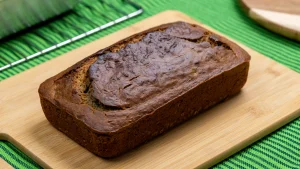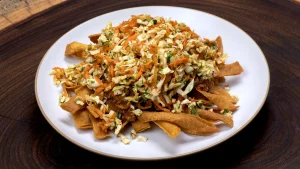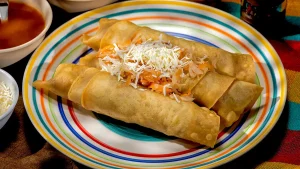The Nahua ethnic group
The Nahua are one of the newly organized indigenous groups in Honduras, for that reason it is the ethnic group that has received the least socio-cultural studies, however it is known that its origin derives from one of the important cultures from the Central Valley. from Mexico.
As an indigenous people, it has historically been subjected to the process of acculturation, which is why it does not currently retain its language. Also called nahoas , they are related to the Nahuatl speakers of central Mexico (including the Aztec civilization).
Some of their ancestral and cultural traditions are carried out on special dates of celebrations, sometimes related to the Catholic and Evangelical religions that they practice. They preserve some typical foods and drinks from corn and teosinte.
Location
The Nahua people are located in the department of Olancho, in the municipalities of Catacamas, Gualaco, Guata, Jano and Esquipulas del Norte.
Taking advantage of the fertile lands, valleys, mighty rivers and broadleaf pine forests with various species of plants and animals.
Source
The Nahua people have their origin in the late migrations, between 900 and 1500 AD. C., from central and southern Mexico, from the Olmec and Toltec civilizations.
Although its history dates back to the Nahuatl culture of Mexico, Nahua footprints in Honduras have been recorded since 1000 BC. The Nahuas were also able to sporadically inhabit the northeast region of the department of Gracias a Dios and due to their presence there are extensive areas of cocoa in that department, which more recently are used by the Pesh, Tawahka and Miskitu peoples.
Tongue
The Nahuatl language was used to communicate in Central America, so the Spanish conquerors used as interpreters indigenous people from present-day Mexican territory to communicate with the Nahuas established in the valleys of Quimistán, Agalta and Olancho.
Although Nahuatl became a lingua franca in Mesoamerica, Honduran Nahuas have lost their language and only speak Spanish.
His current mother tongue is Spanish. They do not retain their ancestral language, but a large number of Nahualisms remain in Honduran and Central American Spanish. For the recovery of the language, initiatives are being developed at the national level. Only in El Salvador did a Nahua variant called Pipil survive.
The population is dedicated to the cultivation of corn, cassava, beans, coffee and small rice crops, as well as raising animals.
What’s more
- Get to know the Ethnicities and Indigenous Groups of Honduras
- Map of Ethnicities and Indigenous Groups in Honduras


